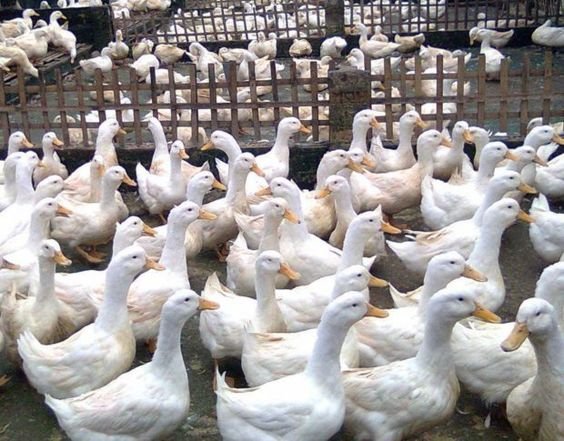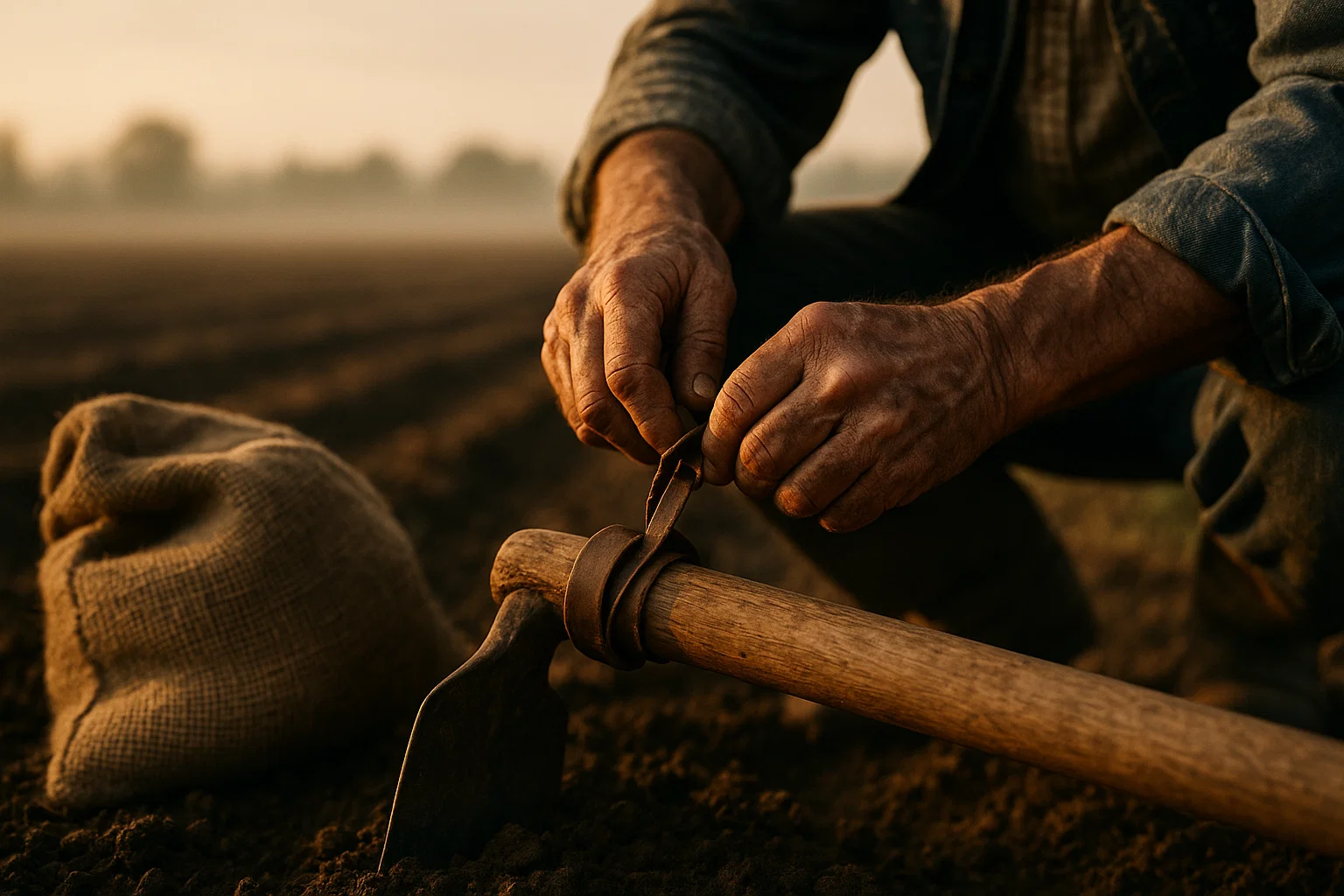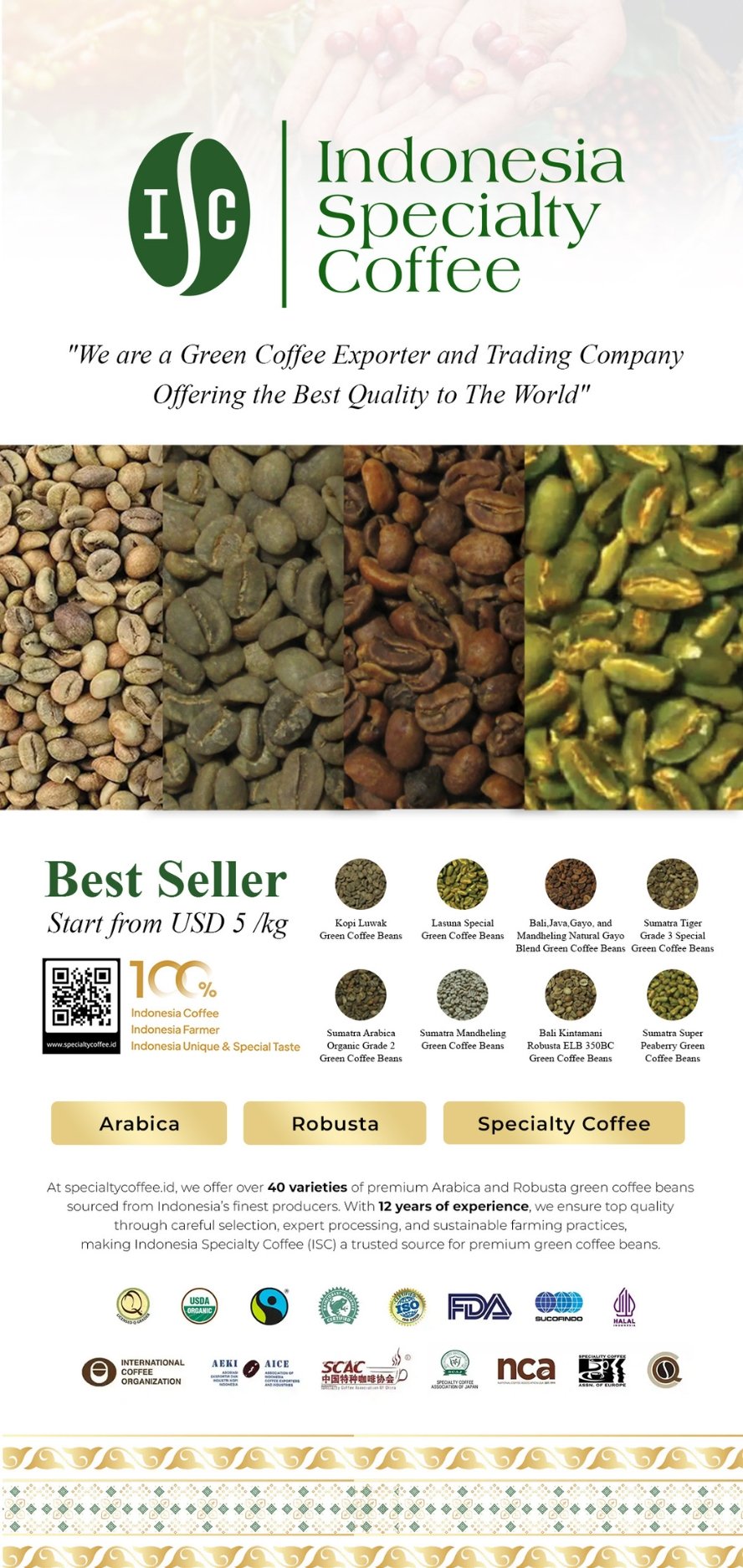Investment in Duck Farming can be a lucrative venture for those with the right knowledge and resources. Ducks offer a versatile product – meat and eggs – catering to a growing global demand for protein. Before diving into this coop, understanding the investment landscape of duck farming is crucial.
Contents
The Appeal of Duck Farming
Investment in Duck Farming,There are several reasons why duck farming might be an attractive investment:
- Growing Demand: Demand for duck meat and eggs is rising worldwide, particularly in Asia. This presents a potentially large market for your products. According to a report by [FAO (Food and Agriculture Organization)], global duck meat production reached over 6 million tonnes in 2020, with China being the leading producer and consumer.
- Dual Income Stream: Ducks provide two income sources – meat and eggs. This diversification helps mitigate risk compared to focusing on a single product. Laying hens typically stop producing eggs after a few years, while meat ducks are raised for slaughter within a shorter timeframe.
- Relatively Lower Investment in Duck Farming: Compared to other livestock farming, ducks can require a lower initial investment, making it accessible to new farmers. Land requirements for duck housing are generally less compared to cattle or pigs, and duck breeds tend to be more affordable than livestock like cows or sheep.
- Efficient Feed Conversion: Ducks are efficient converters of feed into meat and eggs, potentially leading to lower production costs. Their digestive systems allow them to utilize a wider range of feedstuffs compared to some other poultry, offering flexibility in feed sourcing.
- Sustainable Option: Ducks can be integrated into sustainable farming practices. Their manure can be used as a valuable fertilizer, rich in nutrients for crops. Additionally, their foraging habits can help control pests in agricultural fields, reducing reliance on pesticides.
Types of Duck Farming Investments
Investment in Duck Farming,There are two primary duck farming investment options:
- Laying Duck Operation: Focuses on egg production. This requires investment in breeder ducks, housing with nesting boxes, and a consistent supply of quality feed. Popular laying duck breeds include Pekin ducks, Khaki Campbells, and Welsh Harlequin ducks. These breeds are known for their high egg production rates, sometimes exceeding 300 eggs per year per duck.
- Meat Duck Operation: Raises ducks specifically for meat production. Investment needs include fast-growing broiler duck breeds, specialized housing for brooding and finishing, and processing equipment (depending on your scale). Popular meat duck breeds include Pekin ducks (also used for egg laying), Muscovy ducks, and Rouen ducks. These breeds are known for their rapid growth and larger meat yield.
Investment in Duck Farming Considerations
Investment in Duck Farming,Before starting your duck farm, carefully consider these factors:
- Startup Costs: These include land, housing (coops, ponds), breeding stock, feed, equipment (feeders, drinkers, nest boxes), and permits. Costs can vary depending on your chosen scale (small-scale backyard operation, medium-scale farm, or large-scale commercial farm) and location. Land with access to water is ideal for ducks, allowing them for swimming and foraging.
- Operational Costs: Feed, labor, veterinary care, and marketing are ongoing expenses. Feed typically constitutes the largest operational cost in duck farming. High-quality feed is essential for maintaining duck health and productivity.
- Market Research: Research your local market for duck meat and eggs. Understand pricing, consumer preferences, and potential competition. Direct sales to consumers at farmers markets or through community supported agriculture (CSA) programs can be a viable option for small-scale farms. Restaurants and wholesalers are potential buyers for larger-scale operations.
- Regulations Investment in Duck Farming: Familiarize yourself with local regulations regarding animal welfare, waste management, and licensing requirements for operating a farm. Biosecurity measures to prevent diseases are crucial. Consult with your local agricultural extension office for guidance on regulations and best practices.
- Biosecurity: Implement measures to prevent diseases in your duck flock. Vaccinations, sanitation protocols (cleaning and disinfecting housing regularly), and isolation procedures for sick ducks are essential. Maintaining a clean and healthy environment minimizes the risk of disease outbreaks that can devastate your flock.
- Your Time Commitment: Duck farming demands regular care and attention. Feeding, cleaning shelters, collecting eggs, and monitoring health require dedication. Ducks also have specific needs regarding water access for swimming and splashing, so factor this into your daily routine.











